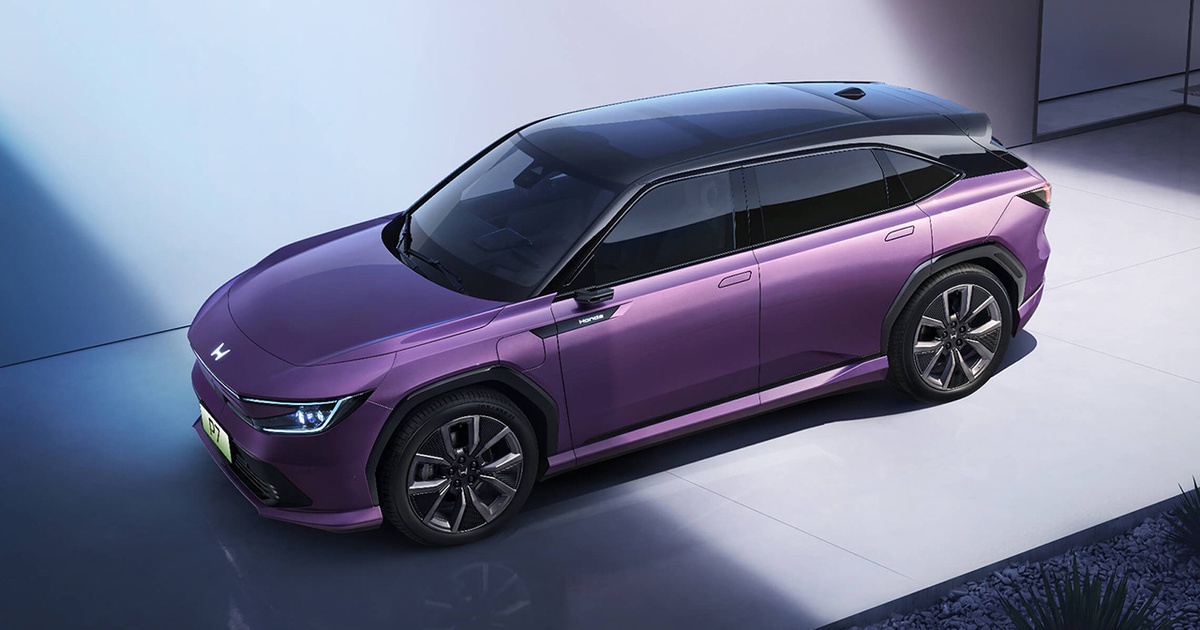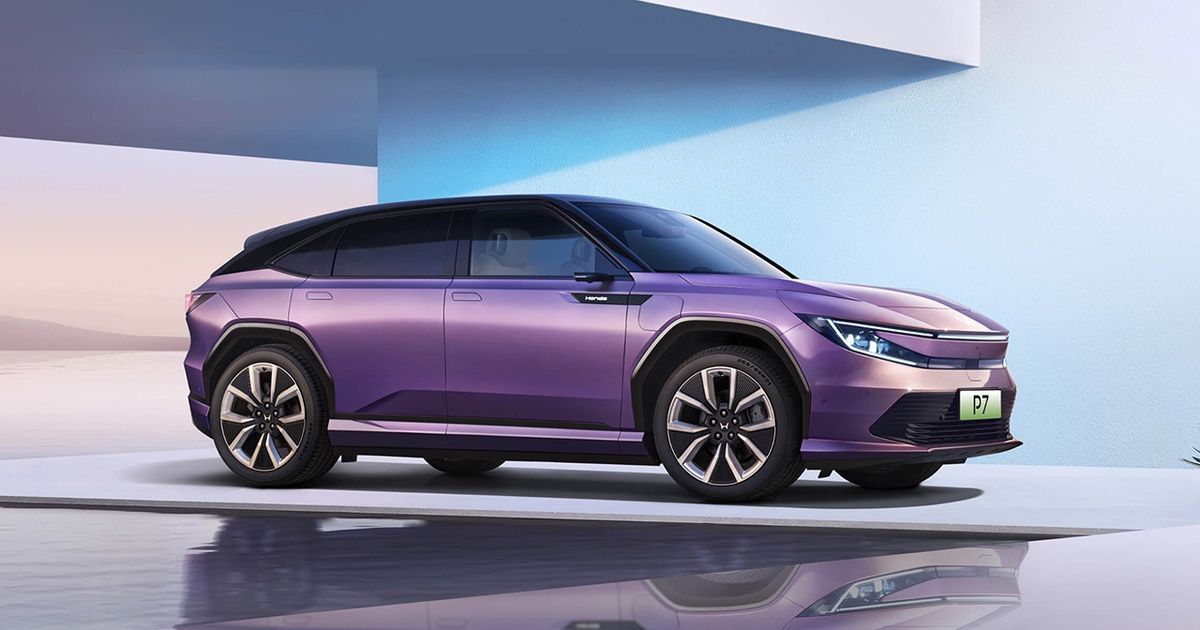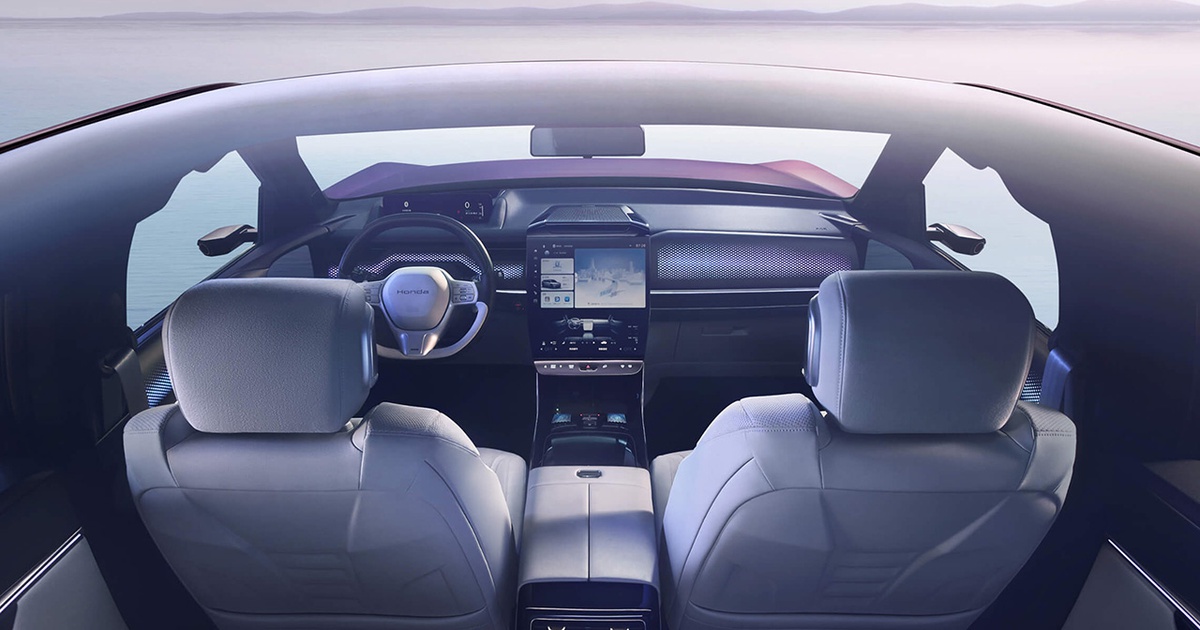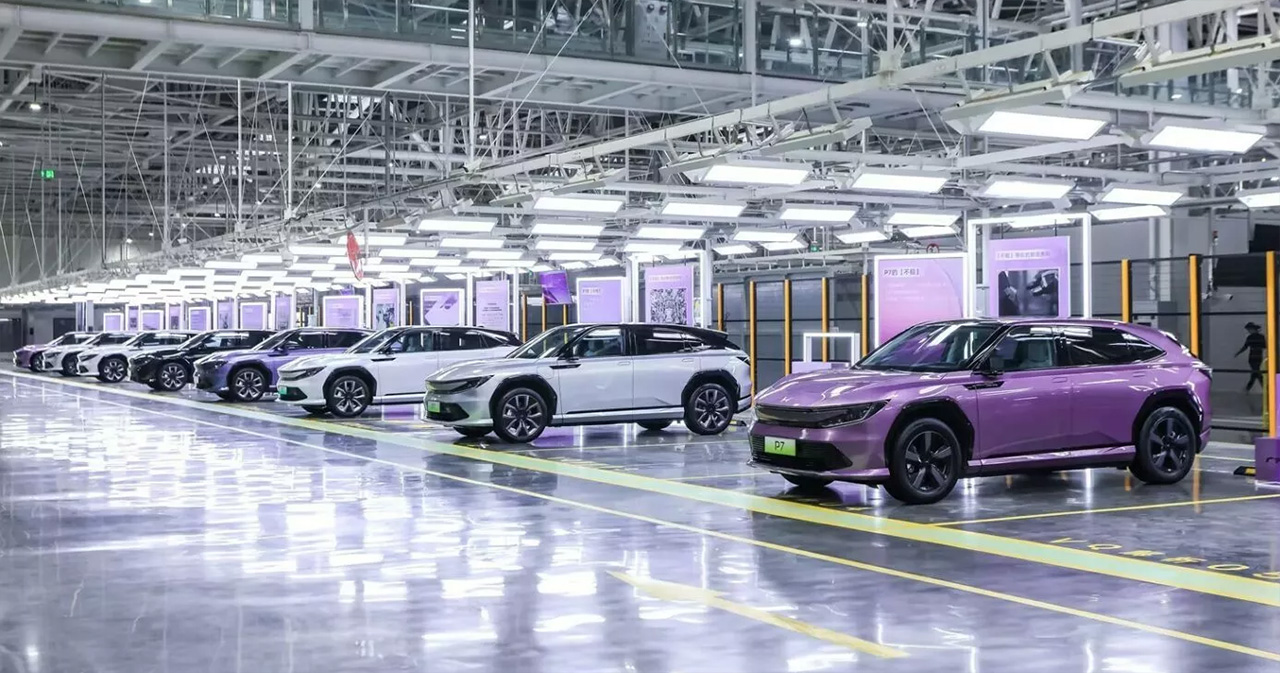GAC Honda Automobile, a joint venture between Japan's Honda and China's GAC, recently launched production of electric vehicles at a new plant in Guangzhou. The facility features a high proportion of process automation and the use of AI, which has reduced labour requirements by about 30 per cent, Nikkei Asia reported.
The facility uses automated guided vehicles (AGVs) to move heavy automotive components, including batteries. Traditionally, human workers have been required to transport such parts around the plant.
Artificial intelligence is being used to customise the welding process of the Ye P7 electric car in order to "minimise fixed costs as much as possible". The company sees the electrification of the range as an opportunity to rethink the way it manufactures cars, among other things.



GAC Honda Ye P7
The Ye P7 is equipped with an 89.9 kWh battery pack. The base version of the model is equipped with a rear-wheel drive engine with an output of 268 hp. A twin engine version with a combined output of 469 hp is also available. The rear-wheel drive models have a claimed range of 650 kilometres, while the all-wheel drive version can travel up to 620 kilometres from charge to charge.
Source: Nikkei Asia

